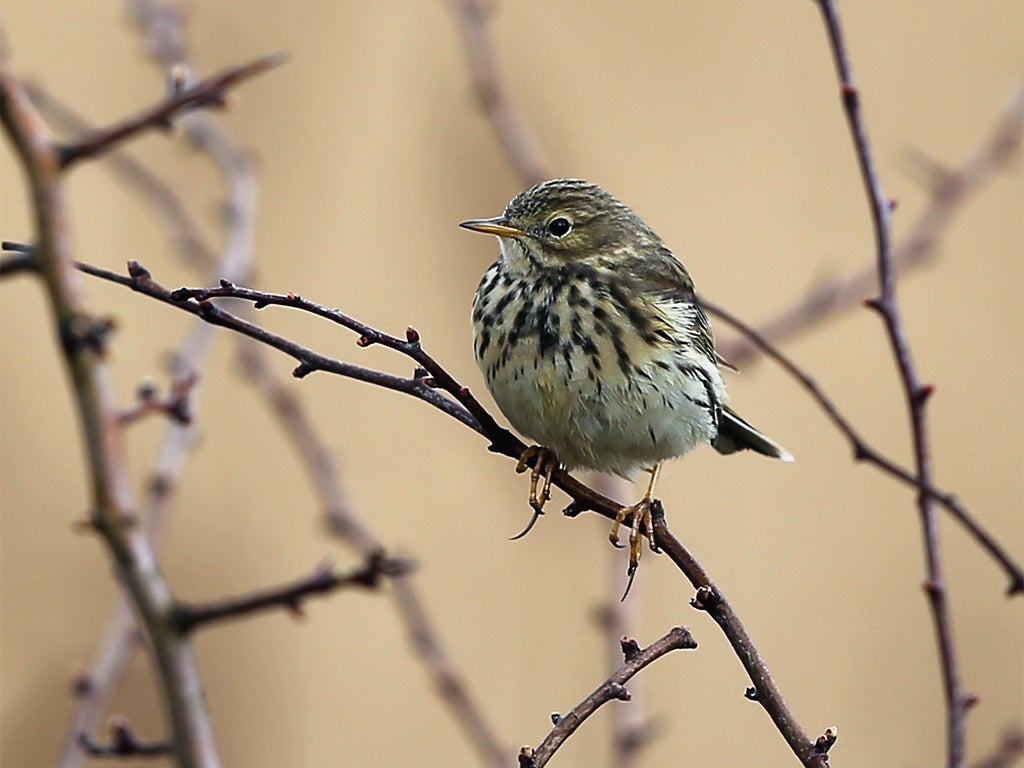EU's State of Nature report finds that a third of European birds are endangered
WWF says findings show the continent's 'natural habitats are in crisis'

A third of the birds in Europe are endangered, according to a new report that campaigners warned showed that our natural habitats are “slowly dying”.
The European Union’s State of Nature report, a draft version of which was leaked to The Guardian, is the most detailed study of the continent’s natural environment to date.
It found the number of turtle doves had fallen by about 90 per cent since 1980 while skylark ortolan bunting populations had declined by about 50 per cent.
More than three-quarters of some 800 natural habitats were found to be in a poor condition with about a third having got worse since a previous study in 2006. Just four per cent had improved.
Andreas Baumueller, the head of WWF Europe’s natural resources unit, said: “The report clearly shows that Europe’s wildlife and natural habitats are in crisis.
“Our habitats are slowly dying and our natural capital – reflected by species such as birds and butterflies – is being put under enormous pressure from unsustainable agriculture and land use policies.”
However there were some positive signs with threatened bird populations such as bearded vultures, great bustards and the common crane showing signs of recovery, partly because of European Union projects designed to help them.
A European Commission official said: “We don’t just welcome the report. We organised this. It clearly shows the effectiveness of the birds and habitats directives and also illustrates that there is still a lot of work to do.”
The report is due to be officially published later this year.
Join our commenting forum
Join thought-provoking conversations, follow other Independent readers and see their replies
Comments